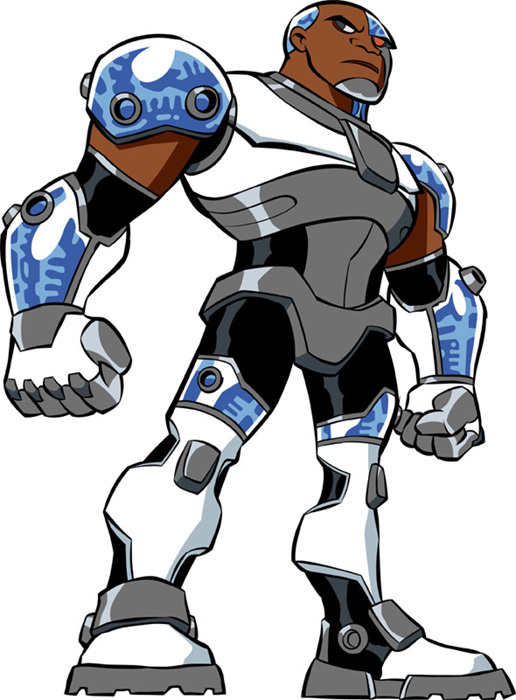Singularity
On the idea of artificial intelligence I have many different opinions and stand points. If I were to explain all of them I would be on a night long tangent. The article on the singularity, is in an apparent view of a singularist, it never mentions the negative affects of such views and continuously talks about what happens once you begin to read into it. “Once you decide to take the Singularity seriously, you will find that you have become part of a small but intense and globally distributed hive of like-minded thinkers” (Lev Grossman3). So pros and cons do not meet.
It is true technology is advancing, but because its all speculation, there are various possibilities, which branch off from the main idea in to quite literally hundreds of other options for the course of future to take, if those who create them are right in the first place. We know the future is going, we just don't know where. Who is to say if we will require the assistance or tech in our bodies, or if they will take over in general. No one will ever know the future so why try and forecast it?
The idea of Humans merging with technology verses Technology completely taking over and being fully conscious, the merge is more possible as well as supported, “using computers to extend our intellectual abilities the same way that cars and planes extend our physical abilities.”(Lev Grossman1).
In the cartoon show, The Teen Titans, Cyborg (Picture above) was in an Accident and was fused with technology to keep his body working. He later upgraded his tech to include access to data base so his intellect was increase so that he was able to help him team when ever they needed it. If that's the case, then technology of such caliber is a good idea as well as beneficial. It's when technology has the ability to think that it becomes a bad thing, although the possibility of something like that is much to complex until the distant future.
The term Authentically, means real and to have a generally excepted meaning of 'Real Human' is impossible, we all have different definitions of what being human is. How can humans become less human? Well we can lose our sense of humanity, but technology never had it to begin with, so if we merge, what happens? If technology progresses and we continue to alter ourselves so we aren't left behind, its possible that little pieces of ourselves will fall off and fade into nothingness. In Brave New World Bernard sees that at the rapid rate of 'progression' we are tampering with not just humans, but human nature as well. In his worlds People are losing their humanity with ever 'scientific' discovery with which the try to form humans to be at the same level as machines.
So is there any reason to be afraid?
Yes and No. Humans have become vastly depended on technology, too much, so now at this point we feel inadequate with out it, in it's 'most inadequate' state. Our world's scientist spend their time expanding technology's abilities as their greatest goal. Though If with every discovering we humans make, we find more questions than answers, and in our pursuit of knowledge we never stop finding and making goals for us to reach. There fore we are always expanding ourselves. But like I said Our scientist discover more about technology than anything else currently, so in that aspect, its the computers that are always being updated. Perhaps we are evenly matched, at least for now, is there hope that this will stay that way for ever?
I believe only the future knows
